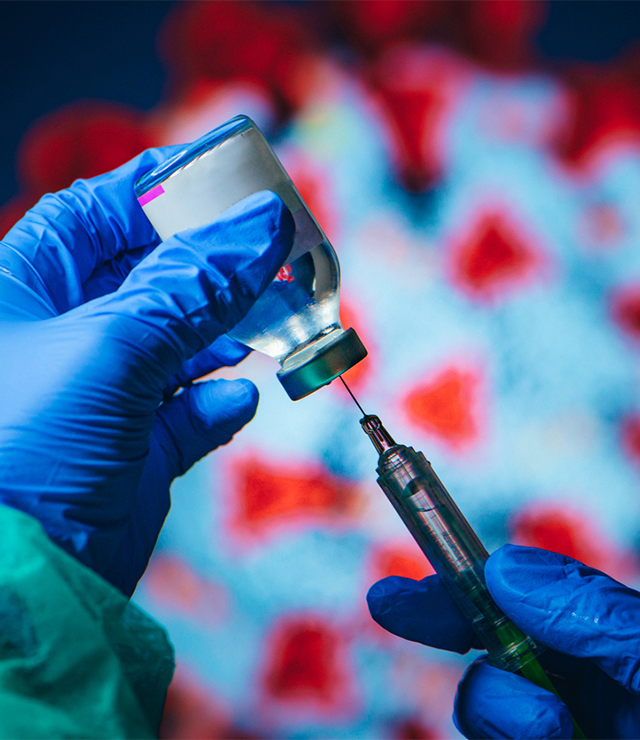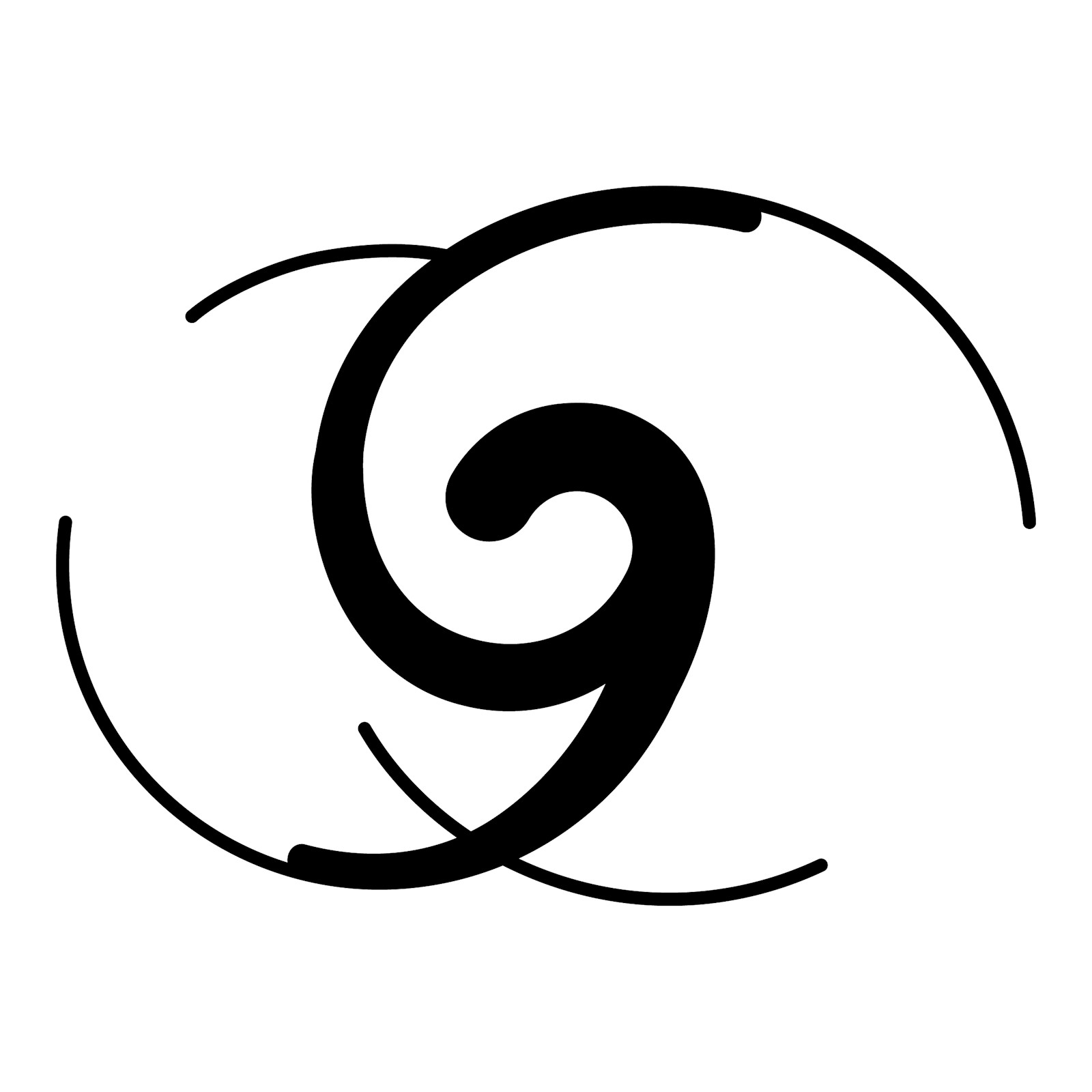A New Strategy to Tackle Science Misinformation
The winning team of the Spring 2022 Junior Academy Innovation Challenge set out to develop a solution that would help clear up the confusion caused by conflicting social media messages about mental health, vaccines and other health-related topics.

An all-girl team of high school students from the US, Oman, Jordan and Lebanon won the Spring 2022 Junior Academy Challenge, “Combating Misinformation in Public Health.”
Students participating in the challenge were tasked with finding new ways to combat the growing wave of misinformation on public health issues – a problem that affects not only the general public, but leaves young people, who get most of their information online, particularly vulnerable. Erroneous statements about drugs, vaccines, mental health, cancer, nutrition and other health-related topics can spread very rapidly on social media platforms, putting people’s lives and well-being at risk.
Collaborating online and supported by their mentor, the five science-loving teenagers — Angel J. (United States. Team Lead), Asmaa K. (Jordan), Esraa A. (Oman), Clara I. (Lebanon), and Raneem A. (Jordan) set out to assess the situation by researching information circulating about specific health issues, under the guidance of their mentor Kathy Korsen (United States).
“On some sites, we may find wrong information and believe it,” explains Esraa. “We must pay attention not to trust the wrong information and search for correct sources.”
Combatting Misinformation on Social Media
The team wanted to develop a solution that would address the needs of their peers, who were often confused by the conflicting messages throughout social media.
After conducting surveys among friends and relatives, the five students decided to develop Texlic, a subscription service delivering reliable, health-related facts via text messages. The team felt that this delivery method had the most potential for widespread impact, as it doesn’t require the use of expensive smartphones and therefore can be accessible to young people from all backgrounds.
Fellow students who signed up with their phone numbers were given two options: they could choose ‘Texify’, which would text users twice a week with direct, accurate information on health issues, or ‘Right from Wrong’, a fun, interactive version using a pre-existing texting platform and allowing users to test if health-related statements were true or false.
Dedication and Effort Pays Off
For the team members, taking part in the Challenge involved dedication and significant effort.
“We met every Saturday. It was the best time for everyone because of the different time zones,” says Asmaa. “We made it work.”
The five participants were enriched by the experience– by investigating health issues frequently in the news and using their data to develop a science-based solution, they acquired new knowledge, cultivated team spirit, and strengthened a range of useful skills.
“A thing I learned was that if there are any uncertainties, such as whether a survey was off, it must always be checked multiple times,” says Clara. Winning the challenge was merely a bonus. “I have learned to persevere and never give up. I thought that we were well-organized and well-planned,” said Team Lead Angel.
The Junior Academy was supported by the Stevens Initiative, which is sponsored by the U.S. Department of State, with funding provided by the U.S. Government, and is administered by the Aspen Institute.
